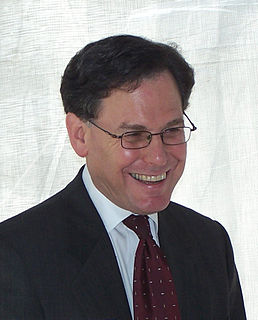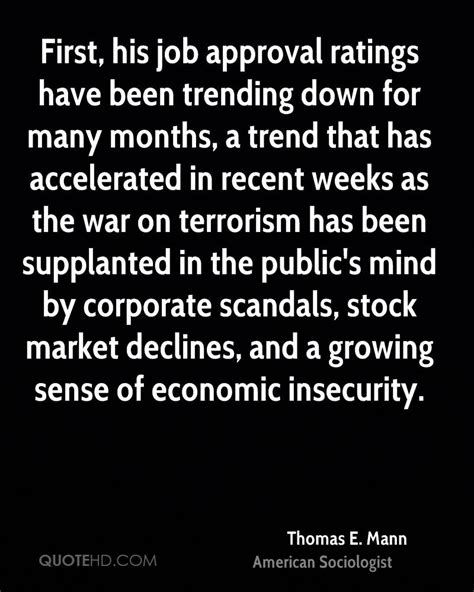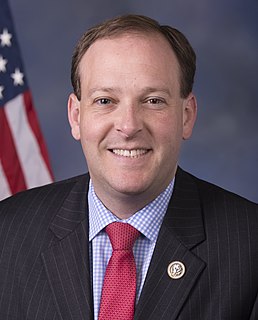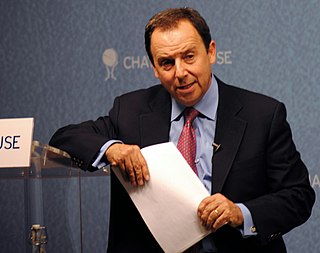A Quote by Sidney Blumenthal
In a sense, George W. Bush has used the tragedy of the terrorist attacks of September 11th and the nightmarish expansion of his idea of a war on terror to overshadow his actual conduct in office on the redistribution of wealth upward through progressive tax cuts that actually penalize the vast majority of the public, and shift their resources to a narrow band at the very, very top.
Quote Topics
Actual
Actually
Attacks
Band
Bush
Conduct
Cuts
Distribution Of Wealth
Expansion
George
George W
George W. Bush
His
Idea
Majority
Narrow
Office
Progressive
Progressive Tax
Public
Redistribution
Redistribution Of Wealth
Resources
Sense
September
September 11
September 11th
Shift
Tax
Tax Cuts
Terror
Terrorist
Terrorist Attack
Terrorist Attacks
Through
Top
Tragedy
Upward
Used
Vast
Vast Majority
Very
War
War On Terror
Wealth
Related Quotes
The first weekend after the attacks of September 11, George W. Bush had a meeting at Camp David with his top advisors, including Colin Powell, the secretary of state. And there was a lively debate about Iraq policy, in which some people from the Pentagon were arguing that the war against terrorism should include Saddam Hussein.
When the September 11th attacks happened, only about a year later, the crypto community was holding its breath because here was a time when we just had an absolutely horrific terrorist attack on U.S. soil, and if the NSA and the FBI were unhappy with anything, Congress was ready to pass any law they wanted. The PATRIOT Act got pushed through very, very quickly with bipartisan support and very, very little debate, yet it didn't include anything about encryption.
This is a president [Barack Obama] who came into office in 2008 with a big majority in the House and with a filibuster-proof majority in the Senate. Because of his policies and his conduct in office, seven years later, we have our largest majority in the House since 1928, and we have a majority in the Senate and we have 31 of the 60 governorships.
The terrorist attacks on September the 11th were a turning point for our nation. We saw the goals of a determined enemy to expand the scale of their murder and force America to retreat from the world. And our nation accepted a mission. We will defeat this enemy. The United States of America is determined to guard our homeland against future attacks. As the September 11th Commission concluded, our country is safer than we were three years ago, but we are not yet safe

































